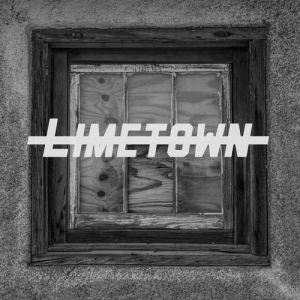

Recently found my way through Limetown and Making a Murderer. Season 2 of Serial is next. But the challenge is managing the time, to find the time to explore the new media experiments going on. What is impressive is how much work is being done “on spec.”
Engaging with the literacy of all of these forms requires paying attention to the motivations, just as much as media literacy advocates think that knowing the motivations of, say, the Chicago Tribune or The 700 Club is key to making sense of their messages.
In the guardian, filmmaker Laura Riccardi said “We’re not prosecutors, we’re not defense attorneys, we do not set out to convict or exonerate anyone,” she continued. “We set out to examine the criminal justice system and how it’s functioning today. It would have been impossible for us to include every piece of evidence submitted to the court. So we took our cues from the prosecution, what they thought was the most compelling evidence. That’s what we included.”
The difference in a “serial” world is that the story can go on. It’s somewhat automatically reflexive, aware of its own past, and responsible to it in the best possible circumstances. And if not, some creative soul, acting out of interest, will add to the world of the story in a different forum.
Published by

admin
Ralph Beliveau
Media Arts Area Head
Associate Professor, Creative Media Production
Beliveau@ou.edu @ralphbeliveau
Dr. Beliveau is on faculty for the Gaylord College and affiliate faculty in both Film and Media Studies and Women’s and Gender Studies. He co-authored Digital Literacy: A Primer on Media, Identity, and the Evolution of Technology (2016) and co-edited the forthcoming collection International Horror Film Directors: Global Fear (December 2016). He writes and teaches about media education and literacy, race, horror media, documentary, rhetorical criticism, video production, film, popular culture, music & cultural studies, and documentary theory production & history. He has written about network society, documentary rhetoric, horror media, The Wire, African American biographical documentaries, Alex Cox, Supernatural, Richard Matheson, Night Gallery, Italian film, and Paolo Freire and media literacy. He previously taught Radio/TV/Film at the University of Wisconsin-Oshkosh and broadcast journalism, popular culture, and rhetoric while doing graduate work at the University of Iowa. Beliveau ran an FM radio station and cable television studio in Chicago and worked in Los Angeles in independent film and television production. He served as editor of the Journal of Communication Inquiry, chair of the Cultural and Critical Studies division of the Association for Education in Journalism and Mass Communication, and chair of the Student Documentary Competition for the Broadcast Education Association. Beliveau is part of the team of faculty who leads the British Media Tour annually and also taught Italian Popular Film and Literature in the Journey to Italy program in Arezzo. Beliveau earned his B.S. from Northwestern University and Ph.D. from the University of Iowa. More can be found at http://www.ralphbeliveau.com/.
View all posts by admin

